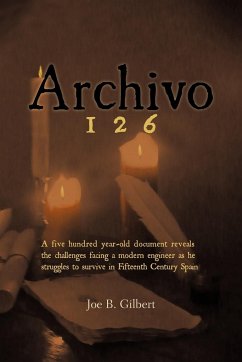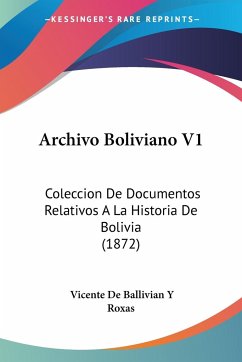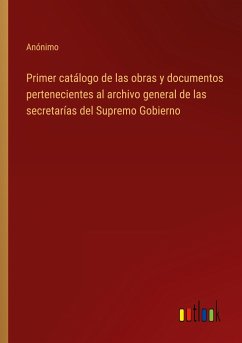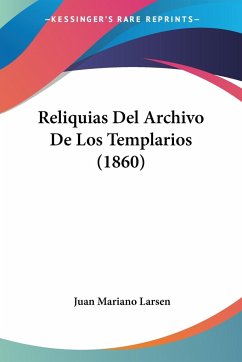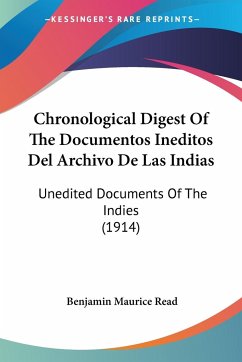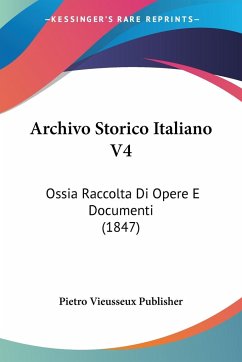"Robinson Crusoe, the Connecticut Yankee, lone survivor of nuclear holocaust: how would these the creations of human hubris really fare removed from the support of their usual surroundings? Gilbert offers an answer, delightful as well as astute, in his humane and technologically-savvy book. You'll have a wonderful time with protagonist, John Hughes, as he struggles and finds his own answer to this old, old riddle." John H. Lienhard, Professor Emeritus of Mechanical Engineering and History at the University of Houston, host of The Engines of our Ingenuity on National Public Radio, and author of the book by the same name (Oxford University Press) John Hughes, a modern day engineer, finds himself thrown back in time to fifteenth century Spain. He tries to employ his engineering background to gain some sort of advantage, even to survive, but none of his "inventions" gets off the ground. He's frustrated at every turn. He has read Mark Twain's A Connecticut Yankee in King Arthur's Court. The Yankee, he remembers, built a railway, a phonograph, a typewriter, a country-wide telegraph system. "How did he make that wire," Hughes laments, "How did he generate the electricity?" He then descends into self-pity, muttering, "I would give a month's wages for a box of assorted nuts and bolts." A sub-theme is Hughes's desperate urge to send word to his daughter, telling her he did not abandon her. But how, he asks, do you send a message to an unknown continent and only after 450 years have passed?
Bitte wählen Sie Ihr Anliegen aus.
Rechnungen
Retourenschein anfordern
Bestellstatus
Storno

